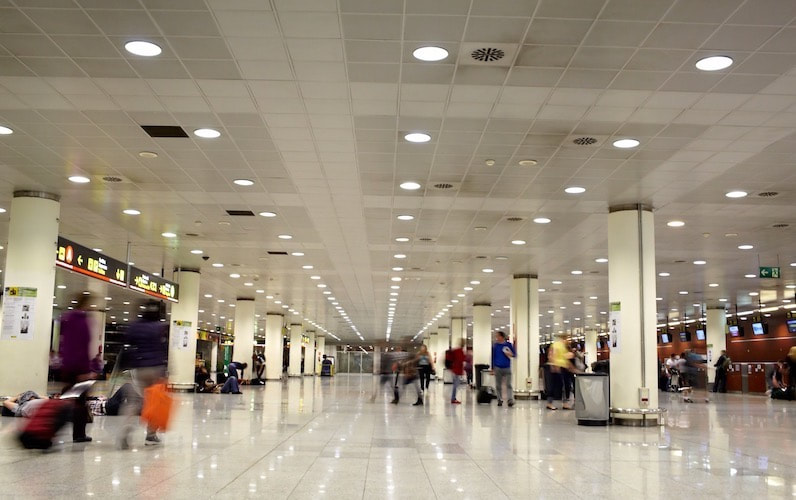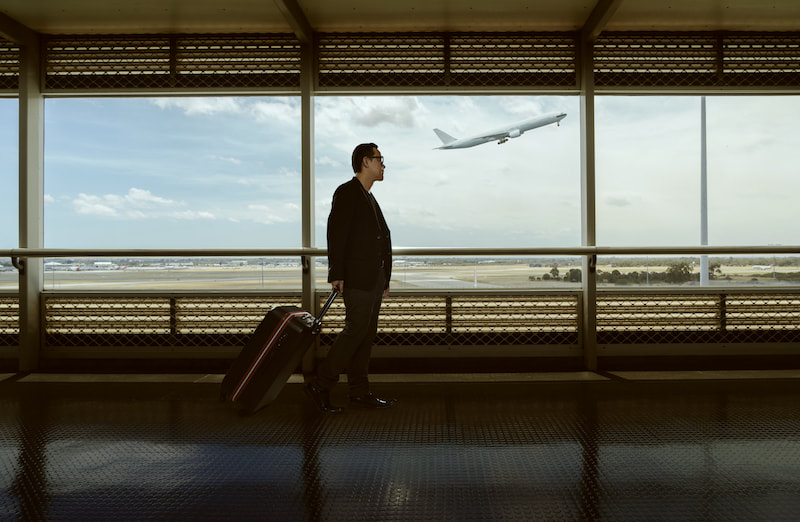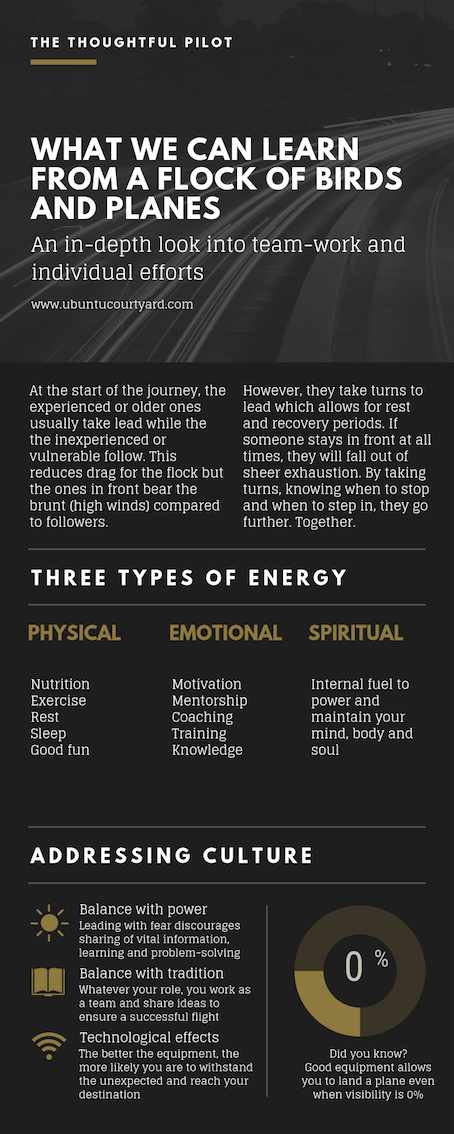GroundedI’ve heard of countless people who rose from zero’s to heroes after believing in themselves and choosing to pursue their hidden or undiscovered gifts. However, I’ve seen so many people who could have been somebody’s or gone places had they not been knocked down by life’s events. Perhaps they found themselves being in the wrong place at the wrong time, made mistakes or bad choices or maybe because they’ve ended up making too many twists and turns. They just don’t know how to restart again because they feel stuck. The Tomato Plant story comes to mind. There’s nothing like under-utilising who you’re really are just to survive, it’s painful! Have you ever had to remove qualifications from your CV just so you can get that minimum wage job? While others were busy making up qualifications, skills and abilities, you’ve had to erase yours or who you are. Believe it or not, most people are that grounded! Perhaps you’re a diamond mercilessly cast amongst coal, you’ve been covered in soot for too long, and now people can’t tell the difference. Let’s quickly turn to fly talk, shall we? When you’ve been operating on that level, it will most definitely take a lot of turning the keys to ignite all the suppressed gifts and talents. It often means going back to basics and undo all the stuff that now describes you. Do you know who you are? How did you get there and where do you want to be? How best you can get there? In my experience, I’ve noticed that asking yourself these ‘strategic’ questions will definitely start shifting things in your mind before you can even get to the tactics. By tactics, I’m referring to the immediate, smaller steps you need to take to support your overall strategy (long-term objectives). Being honest with yourself will sometimes be uncomfortable, that’s why many people would rather bury their heads in the sand. Result? Buried, not grounded. Taking off means taking the appropriate action to bring about change and change is one of the most difficult things to implement, whether it’s a habit, way of thinking or doing things. However, if you want real change in your life, you just can’t rush to tactics, and that’s where most of us get it wrong. We’re busy following other people’s advice and solutions that don’t address the real problems at hand. “You’re unemployed? Why don’t you get a job? Here’s a job application form, problem solved!” Did they ever stop to think about the person’s overall situation before offering a solution? Maybe the ‘person in need’ needs a job, but they can’t leave young children alone at home. Who will do the school run? How much will it cost to pay for childcare? How much will they person earn in that role and how long is it going to take them before they can get home and be there for the kids? Every so-called benefit comes with a cost but when the costs outweigh the benefits or even values, the solution might not be worth it. I’ve noticed that not addressing real problems leads to so much hype, people take off only to crash after a few tries. There might be many false starts but no real shift because something unaddressed keeps holding a person back. I’d say before you fly, get a full understanding of your situation lest you crash and burn. As I write this, I’m revisiting notes scribbled during a brainstorming session back in 2016. I’d asked, “What factors can prevent a plane from taking off?” I knew weather played a significant role but then again, planes still take off and land even when conditions are less than perfect. How many times have we waited for things to get better before embarking on the journey and miss opportunities as a result? I don’t know if you’ve been grounded for one reason or another but if something is nudging you to do something about your circumstances, go for it! There’s no time like the present. The Thoughtful Pilot would say these words, “Think about the pollution, waste of energy and the engine cutting out if it doesn’t take off. By not taking off, the plane will cause significant pollution not just to the environment but to others and ultimately, causing damage to itself.” “Planes rely upon instruments to guide them during take-off and landing, whether it’s misty, cloudy or dark. The better the equipment, the more likely you are to withstand the unexpected and reach your destination. In other words, the equipment makes it easier for you to navigate difficult conditions.” Upon hearing this, I’d reflect on the fact that we’re ALL fearfully and wonderfully made. We were designed to withstand all sorts of challenges that come our way but often times, we tend to underestimate what we can achieve if we dared to take off. Our fears alone hold us back. The Thoughtful Pilot continued, “Before taking off to pursue your dream or go on that adventure, you need fuel, and fuel comes in various forms: • Physical - nutrition and exercise • Emotional energy - motivation • Spiritual energy – this is the most vital, for it is the internal fuel which doesn’t run out, and it’s imperative that you keep it in check.” “Good equipment will allow you to fly through a Category 3 storm and improves your visibility by about 125 metres. It also means you can auto-land within a 50-metre range. Sometimes, you have to trust the instruments to guide you in completely zero visibility, but ultimately, it all depends on how good your equipment is.” I’d reflect on this analogy and how crucial it is to maintain our physical, emotional and spiritual beings. We all face different storms at some point in our lives, and when that happens, sometimes we just have to go with intuition and seek the help of a higher power other than ourselves. The Creator knew that we’d face challenges along the way, so He equipped each and every one of us with the tools we’d need to maintain our mind, body and soul. I’ve learnt that the more we override that navigation system (intuition, inner voice or conscience) the easier it becomes to get lost. You lose what you don’t use and will undoubtedly destroy what you continue to neglect, no matter how well-designed you are. Although we were created in God's image, how we perform depends on how good our equipment is; mind (thoughts and actions), body (health and physical abilities) and soul (spiritual). The Thoughtful Pilot would go on to highlight how best we can maintain the equipment as follows: Education, Mentors and Coaching Without the right knowledge or awareness, it becomes a challenge to complete the journey. Human Relations When he flies, there are usually 2 or 3 pilots on board, plus cabin crew. Legally, there should be 1 member of crew per 50 passengers; otherwise, the plane will be grounded. On-board Crew It takes a team effort to conduct a flight, and in recent years, the airline industry has been taking Crew Resource Management seriously. In fact, it is a new culture adopted as a result of learning from past mistakes and failures. Teamwork during a flightThe pilot continued, “Whatever your role is, you work as a team during a flight. Previously, the captain used to have absolute power, and this led to a lot of problems. A successful flight is only possible if other team members are encouraged to come up with ideas and share views on how they think everything is being conducted. Opinions are now being welcomed and encouraged by the captain, and as a matter of fact, he is now supposed to listen by law, in case he’s missed something. Ultimately, everyone works as a team for the success of the flight.” Again, I would think about the implications of what he’d said, in line with our personal journeys as individuals. Learning and embracing knowledge is critical to maintaining a healthy life balance, and ultimately influence how we perform. Think well-maintained equipment functioning at full capacity. We all need to be exposed to the right teaching, training and guidance which can come through different people. I’ve learnt that any person can teach you something if you care to listen. It could be a child, a homeless person, that person you do not think much of…there is always knowledge to be gained from every human being. Allow me to revisit one of my favourite books ever, The Alchemist by Paulo Coelho. When Santiago approached a new village so he could share his visions with the chieftain, they questioned his motives and asked why the desert would, reveal ‘such things’ to a stranger. He wanted to forewarn them of a potential danger coming their way, but there was one problem, he was a stranger. Santiago’s answer was sincere and straightforward, “His eyes are not used to the desert.” How many people are now so used to their deserts such that they don’t see any new developments, let alone solutions to their current problems? The Thoughtful Pilot went further to discuss the cultural implications of allowing each and every member of the crew to have a voice, even with a captain in charge. He touched on how cultural practices in many countries have had a negative effect on flights. In cultures where those in authority are feared, there used to be a massive correlation between high incident or accident rates and captains seeking power and authority. His remarks made me light up because they would take me to what I learnt while studying Intercultural Communications at university! Leigh L. Thompson, the author of The Mind and Heart of the Negotiator, cites that, “People who hold power (legitimate or not) are usually less vigilant and thorough in collecting information and are likely to engage in risky behaviours compared to those with lesser power. On the contrary, those with less power are usually highly accurate in perceiving the behaviours and attitudes of those in power…" It also made me think about how in most cultures, people would never dare ‘correct’ an adult or leader in a bid to save face. That adult or captain could be yourself or me. Perhaps we’re busy derailing dreams and not getting to where we possibly could, because we think that we have everything under control while people around us are too scared to say a word. The Thoughtful Pilot would go on to say that in some cultures, the captain would see himself as a ruler, not a team member which meant that the co-pilot and crew members weren’t free to speak up. As a result of these cultural implications, the airline industry has been turning things around and now require most flights to have at least one foreign member who is not restricted by cultural norms and can legally speak up without trying to save face, in case of something going wrong. They can’t change people but can change how things are done, and the problem addressed! How many of our leaders would tolerate a view from an outsider or even a child? How many of us would listen to the voice of a mere foreigner, even if they were right? It's food for thought. The pilot went on to describe such a scenario as Steep Cockpit Gradient, where the captain would be further up the hierarchy. However, things have since been evolving to Shallow Cockpit Gradient whereby operational power is actively challenged. The Thoughtful Pilot said that as a result of challenging cultural norms, safety levels have significantly improved. As usual, I read between the lines and tried to make sense of what the Thoughtful Pilot had said, and how we could apply these lessons in our lives. Months later, I came across a fascinating book, entitled Black Box Thinking by Matthew Syed. Connecting dots with the Thoughtful Pilot’s perspective was amazing. Matthew Syed states, “If culture is open to and honest about mistakes, the entire system can learn from them. That is the way you gain improvements. Each system has a basic structure at its heart; mechanisms that guide and self-correction but sharing vital information is important.” Note: SELF-CORRECTION and SHARING VITAL INFORMATION. Working on correcting mistakes should be in our mindsets and how we do it is equally important. Our culture has to allow people to share information without fear of being reprimanded. I think it would help if we focused on lessons learnt rather than the magnitude of mistakes made. Ever tried correcting a narcissist? They will find a way to flip everything back at you, and you’ll surely pay the price for highlighting their mistakes. That’s why it’s important not to be critical of others, including those in the wrong, just for your sanity! I’d like to think that people reading this are capable or willing to take a moment to pause and reflect… What type of captain are you at home, relationships, workplace, church or any other setting where culture determines how things have always been done. It might help you realise that perhaps, you’ve been limiting your ability and others to get off the ground and go further because you stifle communication, which in turn means you don’t receive vital information when it truly matters. Maybe you’re doing something right and ought to be encouraged. Well done! It’s often easy to focus on governments, leaders, heads of family, managers or any other person without realising that the system could be yourself as an individual. How many of us are willing to take a close look at our actions, the choices we’ve made and learn from our mistakes so can work on self-correction? Instead, we often find it easier to blame others and expect them to change. We fail to realise that our actions could be significantly having an impact on how far we can go as families, partners, colleagues or even residents within a country. Still on people and how they determine how far one can travel and whether they reach their destination or not, the Thoughtful Pilot diverted towards V formation and birds. V formation allows a flock of birds migrating to destinations anew to support each other through choreographed wing movements and strategic positioning. This enables the birds to lift, support and protect each other during flight. They often rotate and swap places with those at the back. Being a follower when going the distance allows one to work less and rest, and possibly enjoy the views because there’s less drag. It also allows the vulnerable and weak to reach destinations without succumbing to fatigue or storms encountered along the way. It is this kind of teamwork which allows all the birds to travel efficiently and go further…together. Are you lifting others up or busy jostling for front position, causing others to fall from grace, because you’re not capable of carrying others with you? Soon or later, it will come back to bite you as fatigue and exposure to elements takes its toll, all because you weren’t willing to support others as you journeyed towards your destiny. Conclusion The pilot revisited the importance of having the right skill-set to succeed in achieving goals. If a pilot fails to update his skills, he will end up depending too much on ‘machinery’ which in itself creates a host of problems. Flying on autopilot reduces skill levels, therefore, one’s knowledge base must always be current and relevant. It means retraining every six months to make sure that all pilots and crew members are operating to a high enough standard. Retraining and coaching is crucial because it allows you not to depend on machinery, because when it really matters, it’s what the pilot does that determines a successful flight. Same with us, we also have a duty to keep retraining and learning to cope with ever-changing environments. Learning leads us to places we never thought possible, and opens doors for other exciting opportunities along the way. Remember, too many captains in any setting can crash a plane! Not everyone was created to lead, and just because you’re leading doesn’t mean you won’t need other people’s help to get to where you want to be. Just because you're not leading doesn't mean that you're lost, and just because you're in a leadership position doesn't mean that you know the way. It all comes down to how we conduct our affairs, and treat others along the way. We are all created to be valuable team players in this journey called life. Comments are closed.
|
Life as a journey...Ladies and gentlemen, welcome aboard as Ubuntu Courtyard takes you through a series of inspirational travel stories so you can reach for the stars. Archives
May 2020
|
OUR STORY |
|




